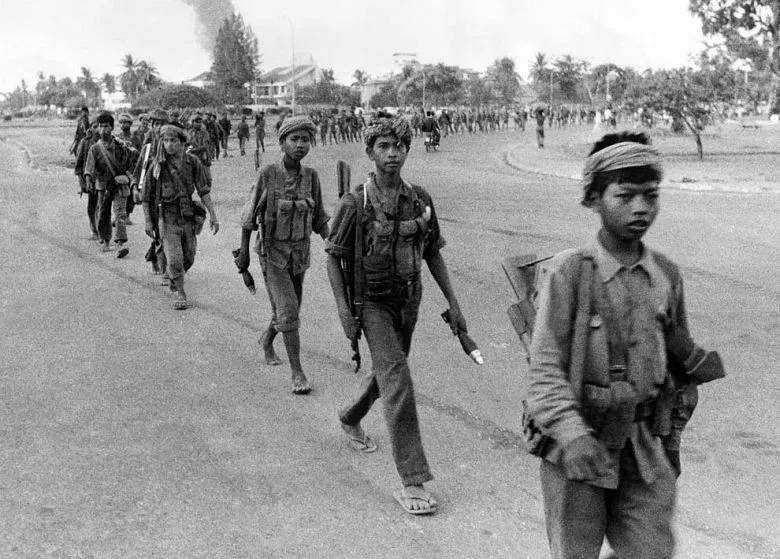Local Voices
- Al Johnson

- Feb 8, 2020
- 2 min read
How effective can historical inquiry be if the subjects of the inquiry are not documented in their own voice?

Recently I have been researching Siamese/Thai history during the 1932-1942 period. One notable difference between Thai and other national historical works in English is the remarkable dearth of Thai voices within their own history. The authors of most works have chosen to base their conclusions about Thai political, social, and other historical topics on the works of a handful of Westerners, most notably the Englishman Josiah Crosby.
Can we get an accurate picture in this way?
The short answer is "not really". Working to obtain documentation and narrative from the subjects themselves is critical, be it early 20th Century Thais, Roman Colonae in North Africa in the 1st Century CE, Haitian Revolutionaries in the 19th Century, Japanese Pan Asianists in the 1900s.
However, there is a clear void in obtaining local voices if the subject is (a) outside a narrow band of familair topics to the authors nation or (b) outside of a similar political association (to include religion).
For example. Western authors usually include local voices of French Revolutionary figures, American Civil War Leaders, and Christian leaders globally. However, incorporation of the local voice for the Thai Revolution, the Malayan "Emergency", or Buddhist intellectual leaders in the Burmese independence movement and one finds that the West still tends to impose it's bias by omission, despite a professed focus otherwise.
While subject perspectives are important, care must be taken to distinguish a "local voice", which is the perspective from the subject of the investigation itself, from unsupported narrative, which has become part of "pop history" in recent years. Unsupported narrative, couched in terms of "voice" tends to be used more often than not to bypass documented or provable facts, in order to advance a political or emotional narrative. Similar in context to religious proselytizing methods, the pop historical use of "voice" is not a replacement for documentation and substantiation.
In Future blog posts we will continue to explore methods of locating, evaluating, and incorporating local voices within historical investigations as part of any research process. Examples will be given of Western treatments of the Thai revolution and comparisons made with source documents and artifacts that provide local voices that many times contradict the Western interpretation.





Comments